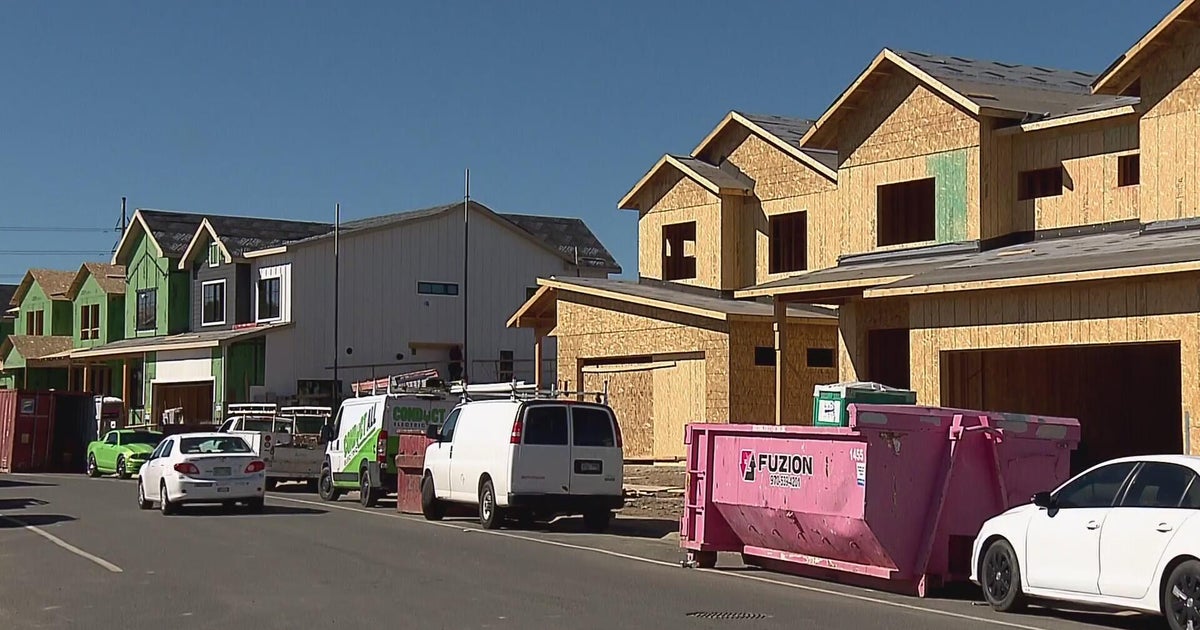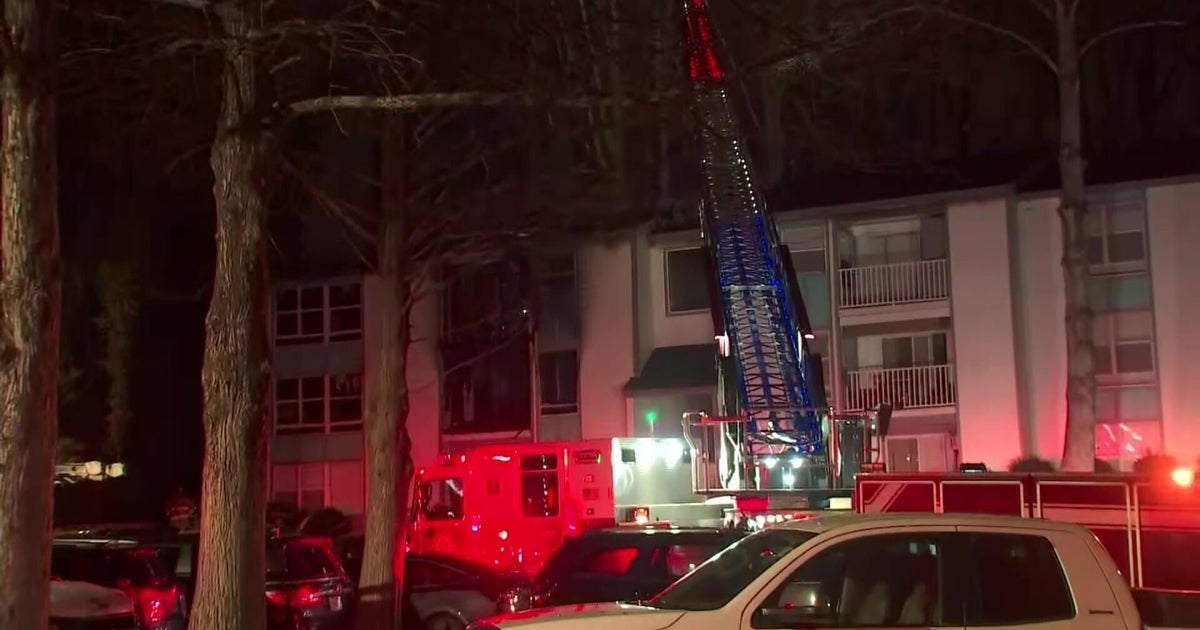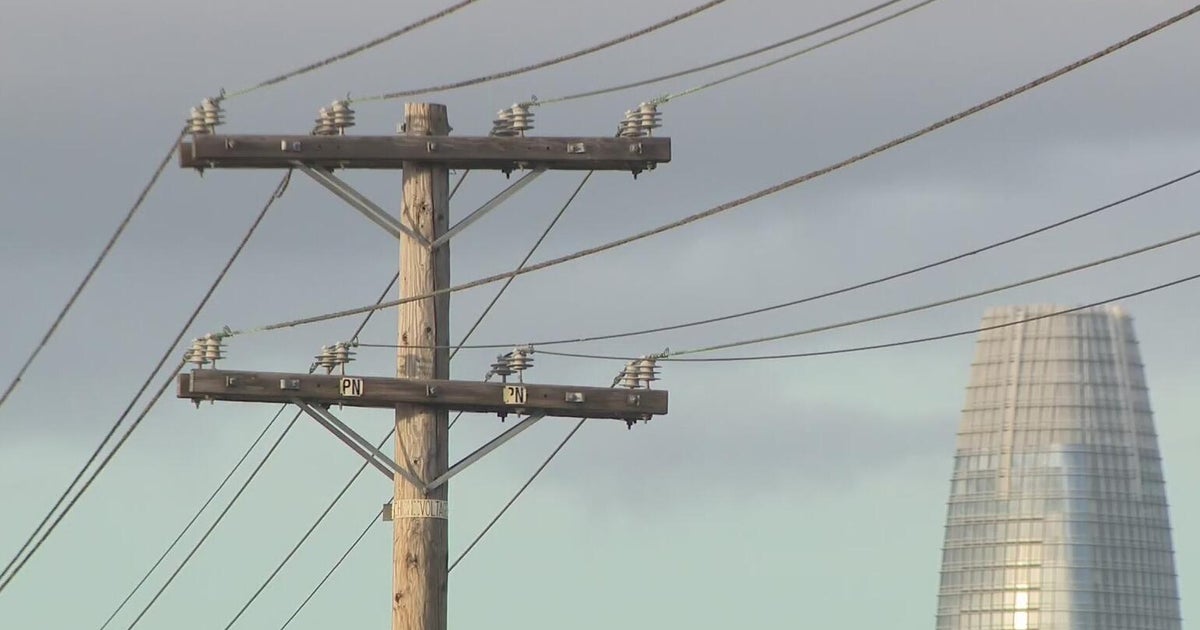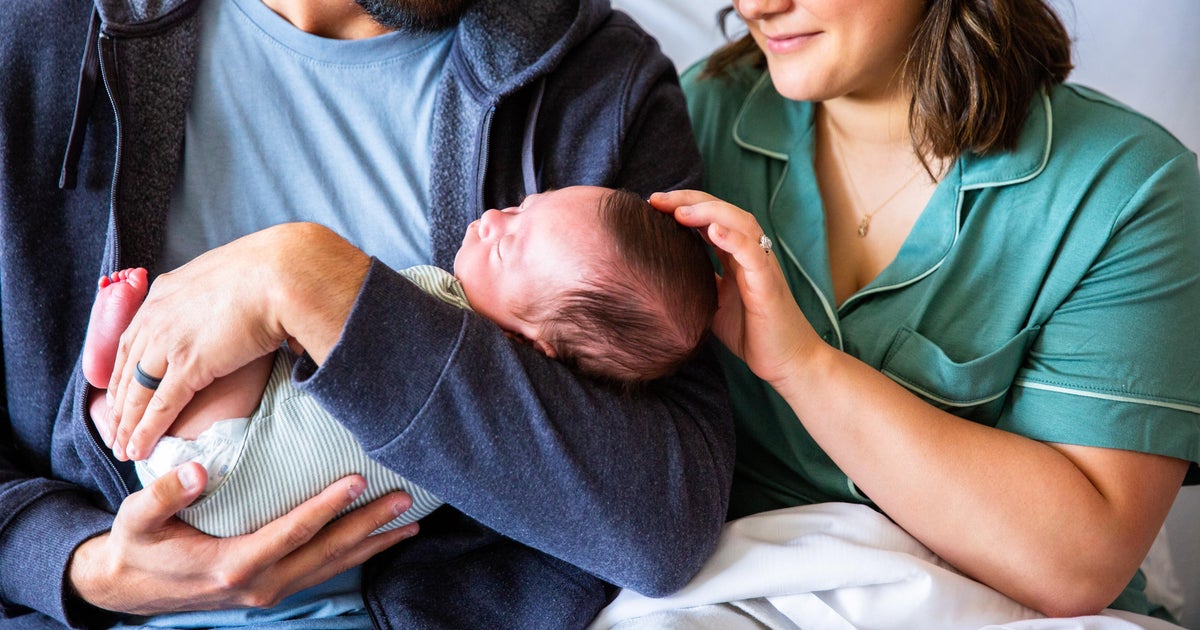Mylan Makes Moves To Make EpiPen More Affordable
Follow CBSMIAMI.COM: Facebook | Twitter
MIAMI (CBSMiami) – The drugmaker Mylan, under fire over the rising cost of its EpiPen, announced Thursday it will expand a savings program to cover up to $300 of out of pocket costs for some patients.
The move comes after users saw the price of the potentially lifesaving drug jump 500 percent since 2009.
The price increase has gotten the attention of two U.S. senators, who have written the drug manufacturer demanding to know why the price has increased so much.
Mylan says it is reducing the patient cost through a savings card, which will cover up to $300 for their EpiPen 2-Pak and cut the full price in half. Mylan had raised a standard two-pack of EpiPens to about $600 over the past several years. It had cost $100 in 2009.
In a press release, Mylan said it would provide instant savings cards worth $300 to patients who have to pay full price for the drug out of pocket. That amounts to about a 50-percent price cut for people without insurance or for patients with high deductible plans.
In addition to the savings card, the drugmaker also said that it would expand the group of patients eligible for financial assistance. Families of four with a household income of $97,200 or less can apply to receive the EpiPen two-pack for free.
Additionally, Mylan will "open a pathway" to sell its EpiPens directly to consumers, which could help reduce the cost of the drug for patients. And it will continue to give away free EpiPens to select school systems.
However, Mylan CEO Heather Bresch told CNBC Thursday that lowering the price was not an option.
"Had we reduced the list price, I couldn't ensure that everyone who needs an EpiPen gets one," she said.
Democratic presidential candidate Hillary Clinton and members of Congress from both parties have quickly ramped up criticism of the price Mylan charges for the medicine.
Clinton said Wednesday that pharmaceutical and biotech industries can fuel American innovation, and combat debilitating diseases. But she added that "it's wrong when drug companies put profits ahead of patients, raising prices without justifying the value behind them."
Bresch said Thursday that Mylan gets $274 for a two-dose EpiPenpackage. The rest of the $608 price goes to entities that stand between the drugmaker and the patient, like insurers, pharmacy benefits managers, wholesalers and drugstores.
"This isn't an EpiPen issue," she said. "This isn't a Mylan issue. This is a health care issue."
However, it is Mylan that is increasing the price of the drug and the company stuck by those price hikes Thursday.
EpiPens are used in emergencies to treat severe allergies that can lead to anaphylactic shock. Roughly 40 million Americans have severe allergies to spider bites, bee stings and foods like nuts, eggs and shellfish. The drug has no competitors or generic alternatives.







